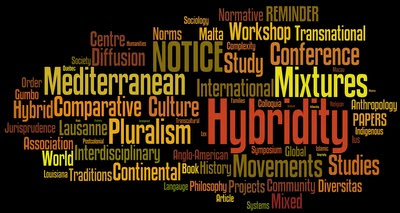I received the following letter from the Editors of the German Law Journal:
Dear Readers:
We are pleased to announce that the new issue of the German Law Journal, Review of Developments in German, European & International Jurisprudence, is now available at: www.germanlawjournal.com.
It contains a Symposium, edited by GLJ guest editors, Elaine Fahey and Ester Herlin-Karnell, on the relationship between EU Law and Global Governance. We are very grateful for the opportunity to publish these excellent papers and would also like to thank the student editorial team at Washington & Lee University's College of Law for their fine work in producing this issue in the middle of a busy term.
Dear Readers:
We are pleased to announce that the new issue of the German Law Journal, Review of Developments in German, European & International Jurisprudence, is now available at: www.germanlawjournal.com.
It contains a Symposium, edited by GLJ guest editors, Elaine Fahey and Ester Herlin-Karnell, on the relationship between EU Law and Global Governance. We are very grateful for the opportunity to publish these excellent papers and would also like to thank the student editorial team at Washington & Lee University's College of Law for their fine work in producing this issue in the middle of a busy term.



